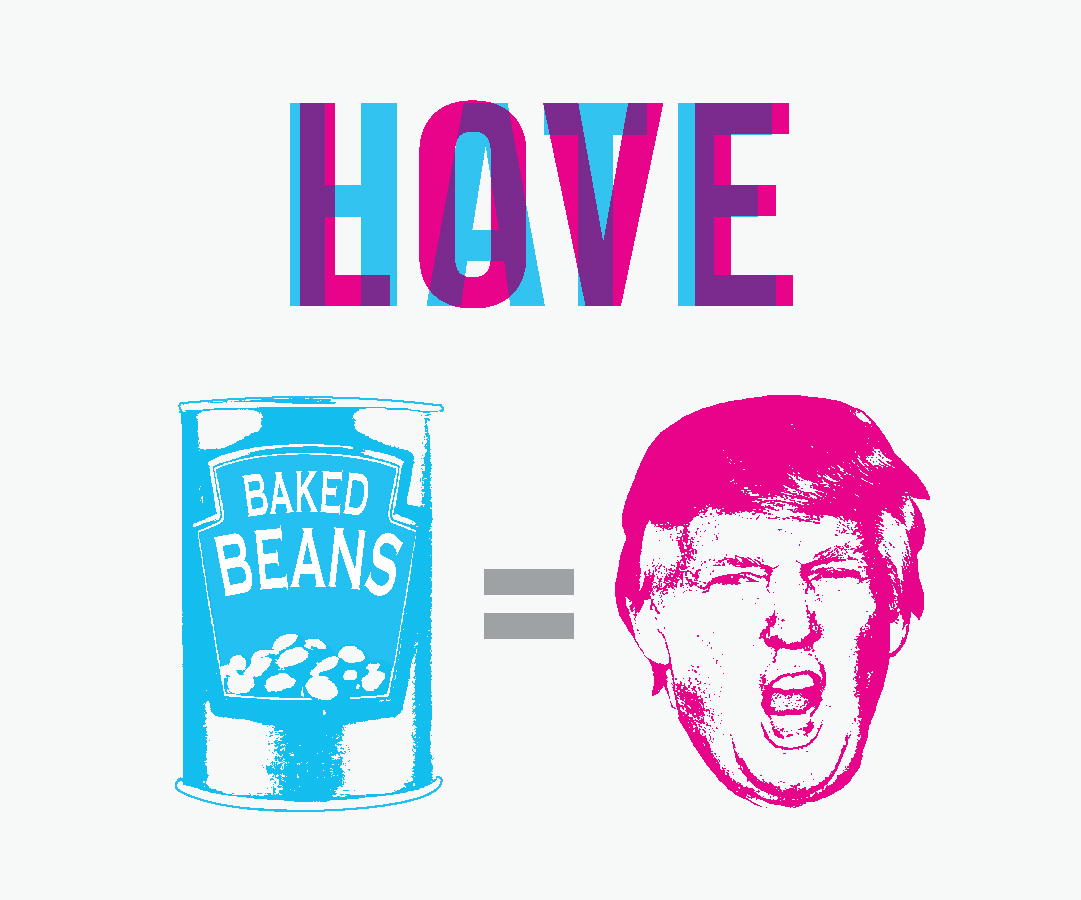Why shareholders should protect businesses like Unilever from accountants.
Unilever and P&G’s operating margins are seen, by some, as not being world leading. In Unilever’s case, Kraft Heinz thinks it’s time to apply some of Mr Buffett’s patent remedy – taking out jobs, slashing salaries, closing factories, cutting R&D and, of course, taking a knife to marketing spend.
There’s nothing wrong with seeking efficiencies – every company does that, indeed most are permanently engaged in a maelstrom of restructuring and McKinsey executive invasions, but, who will be interested in the consumers of brands that are being Buffetted as the knives are wielded?
Who will be doing the research into making their products better? How will those food and product developers care about the brand they’re working on when the accountants, who run the business, have just made them reapply for their job with the added ingredient of a sizeable pay cut?
Manufacturers have a responsibility to the general public, beyond lowering prices. It’s about what we consume actually being good for us and being made in a sustainable way and it’s about innovation – creating products that we will need in the future, as our lives change.
Does anyone seriously think that will happen under accountants masquerading as food companies?
There are reasons why Unilever is a great company, just as there are with Nestle and P&G (all of whom WMH has worked with in the distant past). They hire the best, most intelligent people and treat them with respect – the sort of behaviour that gets the best out of them.
Above all, these companies pour billions into research to make their products better for their customers. Nestle, in particular, is a world leader in health, wellness and, of course, nutrition, but that costs money. Money that accountants, like Warren Buffett’s partners 3G, would prefer to slash.
In this world of Trumptastic Fake News, the real news is that Kraft Heinz and their ilk should be sent packing by shareholders of businesses that set out to care for the well-being of their customers and who actually improve peoples’ lives.
Sadly Kraft Heinz’s foray into Unilever’s territory has forced Paul Polman to seek further efficiencies if he is to fend off further unwanted attacks. Wouldn’t it be great if Unilever’s shareholders decided, en masse, to allow the company to continue to invest in the things that matter, rather than chase a quick return?
Author: Richard Williams
For any press enquiries email press@wmhagency.com or call +44 (0) 20 3217 0000.
Unless otherwise cited, © copyright 2017 Williams Murray Hamm, all rights reserved.




